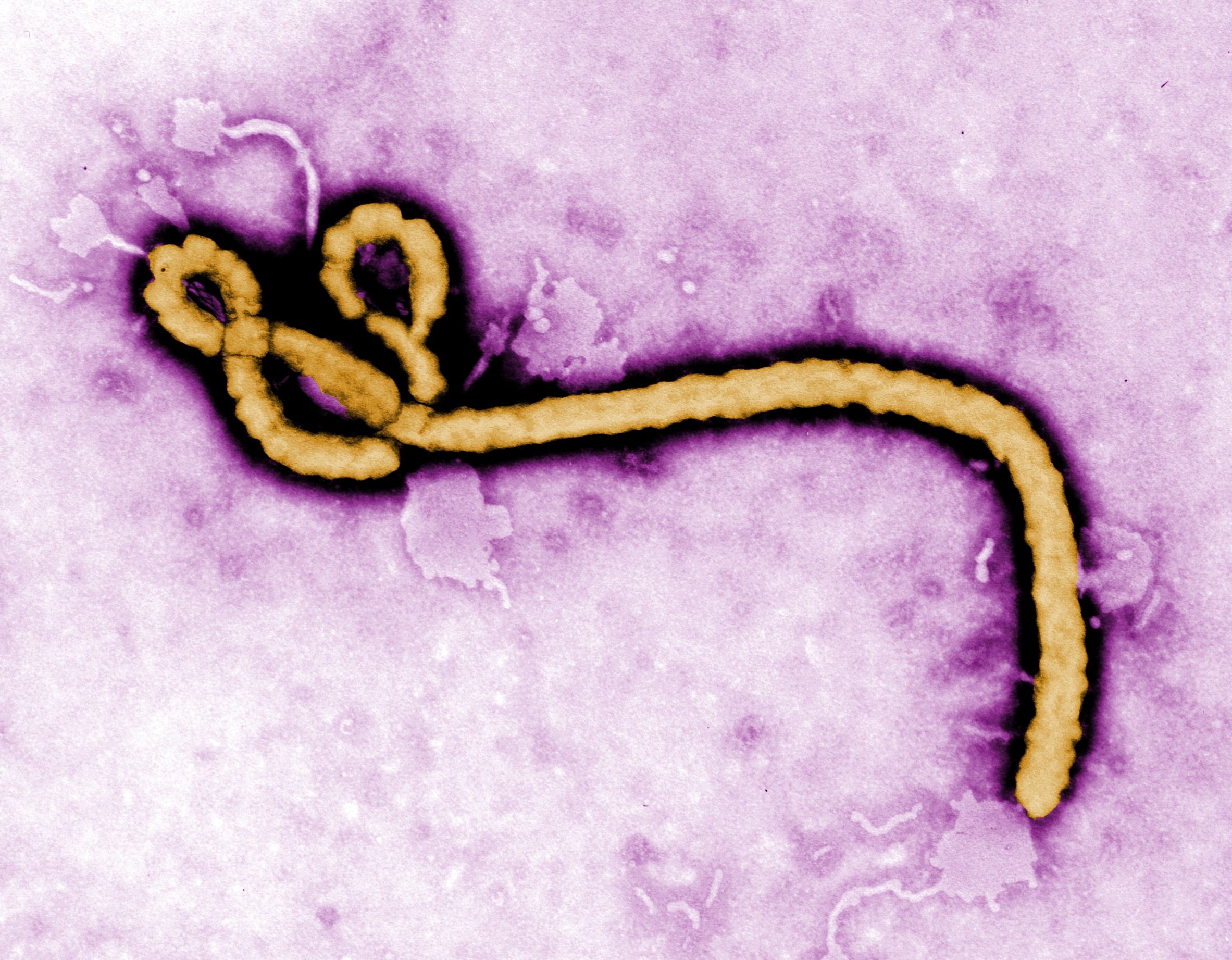Rolling Stone publisher Jann Wenner thinks all the journalistic navel-gazing about the magazine’s “El Chapo Speaks” story is beside the point.
“I think anybody would have done what I did,” he told CNNMoney in an interview on Monday.
“Done what I did,” meaning to encourage Sean Penn to meet and interview Joaquín “El Chapo” Guzmán, invite Penn to write about the news-making trip, and allow El Chapo to approve the story before publishing it.
In Wenner’s mind, Penn’s blockbuster story is “close to the top, if not at the top” of the list of all-time great Rolling Stone scoops.
“I think some people would have given their first born child to get this story,” Wenner said.
Yes, and yet the story is also on the list of great Rolling Stone controversies. Questions abound about exactly how Penn obtained the meeting and whether he could face any legal challenges down the line.
Some Mexican government sources have said they’re interested in speaking with Penn as part of their El Chapo investigation.
Asked whether he is concerned about any legal liability for the magazine, Wenner said, “None.”
“If he had not been caught, there might have been a lot of pressure on us to provide materials that might lead to his location,” Wenner said.
As it so happened, the issue of the magazine with the story was shipped to the printing press on Friday, the very day El Chapo was recaptured.
Wenner marveled at the timing. Penn’s meeting happened in October. “We had decided this date for publication a month ago,” he said.
The magazine will reach newsstands on Friday. The cover says “El Chapo Found.”
Wenner said Rolling Stone was “prepared” for any government demands for information, but that “we were never in jeopardy on that.”
When Penn’s story was published online on Saturday night, much of the ensuing controversy was about the editor’s note that came with it.
“Some names have had to be changed, locations not named, and an understanding was brokered with the subject that this piece would be submitted for the subject’s approval before publication,” the magazine said. “The subject did not ask for any changes.”
This concept of “story approval” is exceedingly unusual in journalism circles.
Wenner said it was a “small price to pay” to obtain access to the drug kingpin.
He insisted that “anybody else would have done” the same thing — even though many news organizations have guidelines against it.
“It’s also totally hypothetical,” he emphasized, “until you’re dealing with what’s real. Who knew what exactly he might want or might not want to change? You deal with it when you have to deal with it.”
Wenner added, “I didn’t expect him to request any changes, and he didn’t.”
The publisher is clearly proud of Penn’s world exclusive — which marked the first time in over two decades that El Chapo was known to be interviewed.
In the wake of Rolling Stone’s retracted “Rape on Campus” story from late 2014 — which damaged the magazine’s reputation and spurred lawsuits — some have called the Penn story a “comeback” or at least an attempt at one.
Wenner acknowledged that “we stumbled” then, but didn’t call it a “comeback.”
“It’s a strong statement that we’re a powerful journalistic organization,” he said. “It’s just a reaffirmation of that fact.



